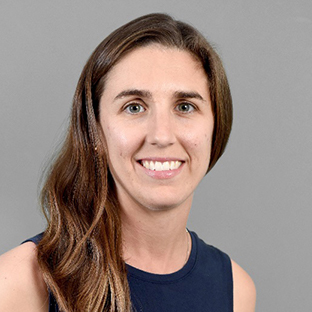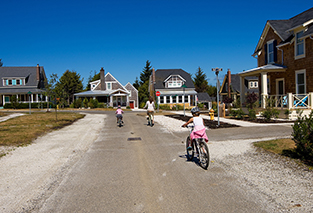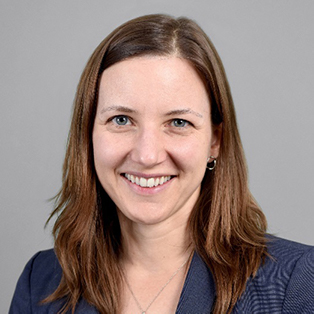
Deirdre Pfeiffer
Associate Professor, ASU School of Geographical Sciences & Urban Planning
Dr. Pfeiffer earned her doctorate from the University of California Los Angles, and is currently an Associate Professor at Arizona State University. Her research focuses on housing strategies in the U.S. relevant to an aging and diversifying society, the outcomes of the foreclosure crisis, and the relationship between suburban growth and racial equity. Professor Pfeiffer has been a contributor to the Reinvent Phoenix collaboration, which aims to re-envision five neighborhoods around the light rail based on sustainability principles. She teaches courses on public participation in planning, housing planning and policy, and qualitative research methods.


